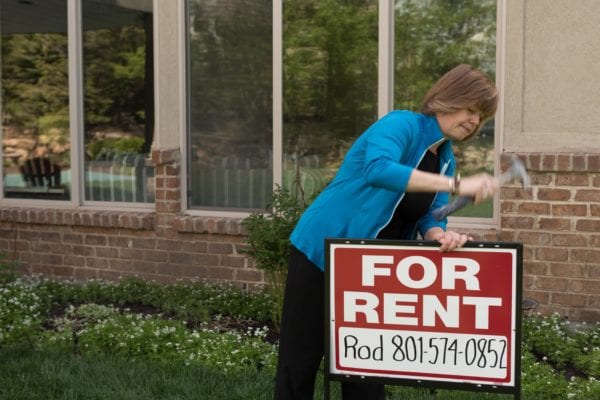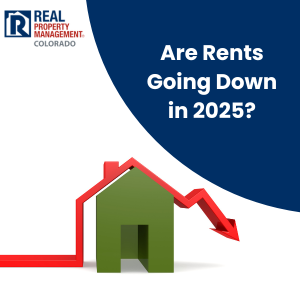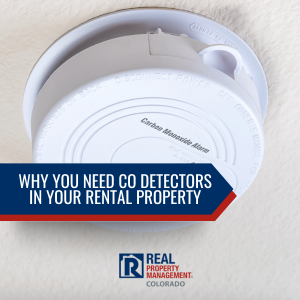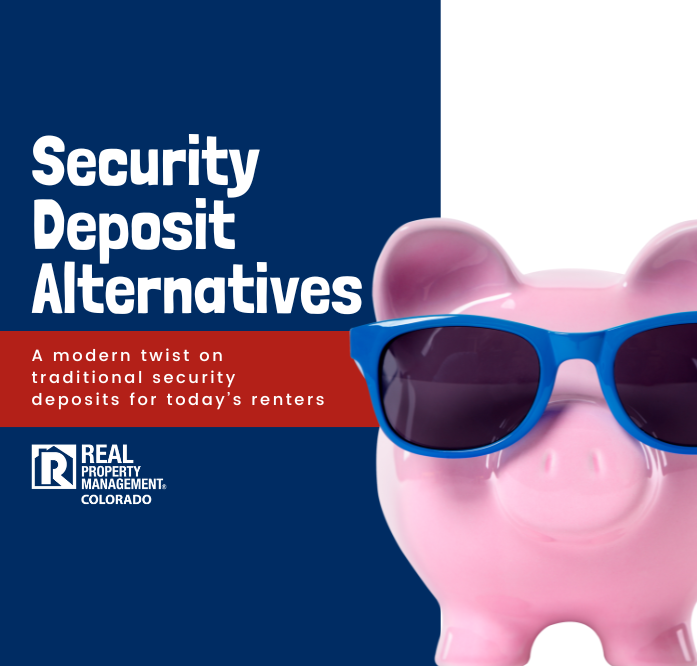Owning a rental property can be a great and stable investment. After all, people will always need housing and with many favoring to rent instead of buy, having a property to rent out is a great way to earn some extra cash. However, being a landlord is tough and comes with a lot of expenses that many first-time investors don’t take into account. Knowledge is power, so let’s go over 6 rental property expenses you may not have thought about!

Landlord’s Insurance
Owning an investment property requires a different type of insurance plan. It is recommended to choose a proper landlord’s insurance policy that cover both the physical property itself as well as any liability claims, such as lawsuit from someone slipping and falling on an icy walk-way or getting bit by the tenant’s chihuahua. Yes, even the landlord has liability for the tenant’s dog! Not all policies are the same, so be sure to do your homework, shop around, and choose the best one with the best rates that work for you.
Lawyers, Legal Fees, and Lawsuits

There are a lot of laws that govern the rental property sphere, which means that the likelihood of needing an attorney at some point in time is a given. And while not all of this category is a bad thing—you’ll want a good attorney to draft a solid and compliant lease agreement for you—it’s certainly not cheap. Make sure to budget for attorney’s fees accordingly.
Then there’s the dreaded legal fees that come with evictions and the potential for your tenants to file a lawsuit against you. While there are things you can do to help lower the chances of having to evict tenants or being sued (solid tenant screening/approval requirements and making sure to address tenant needs quickly and professionally are key here), you can’t avoid it completely. Things happen, disputes arise, and tenants stop paying their rent for one reason or another. That’s why it’s important to know the costs associated and budget for the worst-case scenario. That way, the expense doesn’t come as too big of a surprise.
Maintenance
If we’ve said it once, we’ve said it a thousand times: maintenance will ALWAYS be a part of owning a rental. Things break and more often than not, the bill goes to the landlord. Be sure to budget accordingly for both minor repairs and preventative maintenance as well as major emergencies. Your water heater won’t wait for you to build up your savings before it conks out. And failing to address maintenance issues, both big and small, can cost you time as well as your tenant’s trust. Be sure to get things fixed quickly and efficiently.
Vacancy Periods

It’s often said that a vacancy is one of the biggest recurring expenses a landlord can incur, and that’s true in many ways. Just because your property is vacant doesn’t mean the bills stop coming. Your mortgage is still due, maintenance items still need to be done between tenants, and you have to pay to advertise for and screen new tenants. Not to mention the time involved to show the property, collect applications, process background checks, collect deposits, and sign the lease. All the time and costs can often lead new investors to wonder why they got into the rental business in the first place! That’s why it’s important to plan accordingly.
Utilities
Utilities are another unexpected cost that many landlords don’t take into account. When the home is vacant, many utilities need to be kept on, especially gas and electric, in order to avoid potential damage. And if you include utilities in your rent, you’ll need to plan ahead to cover those costs. Help cut down on those costs by making your rental more energy efficient. Seal leaky windows, install proper weatherstripping, and choose appliances with high energy star ratings to help save power costs.
Property Management Costs

Not everyone has the time, energy, or personality to be a hands-on landlord. It requires a lot of work and isn’t always an easy job. Knowledge of all the laws, both state and federal, is also a must. Claiming ignorance won’t save you from a Fair Housing Violation or hefty lawsuit. This is where hiring a professional comes in. Property management companies offer peace of mind, taking over the day-to-day duties and helping homeowners navigate any and every situation that can arise. But they come at a cost. Choosing a discount management company often means getting discount service, while at the opposite end of the spectrum you still want to make some kind of profit at the end of the day. That’s why it’s important to choose a property management company that offers value in addition to being affordable. Shop around, do your homework, and then choose the one that works best for you.
If knowledge is power, then proactive preparation is the key to achieving it. Make sure you know all the costs associated with owning a rental property, whether one-time or recurring. Be prepared for every and any situation that could possibly occur and adjust your budget as needs arise.





